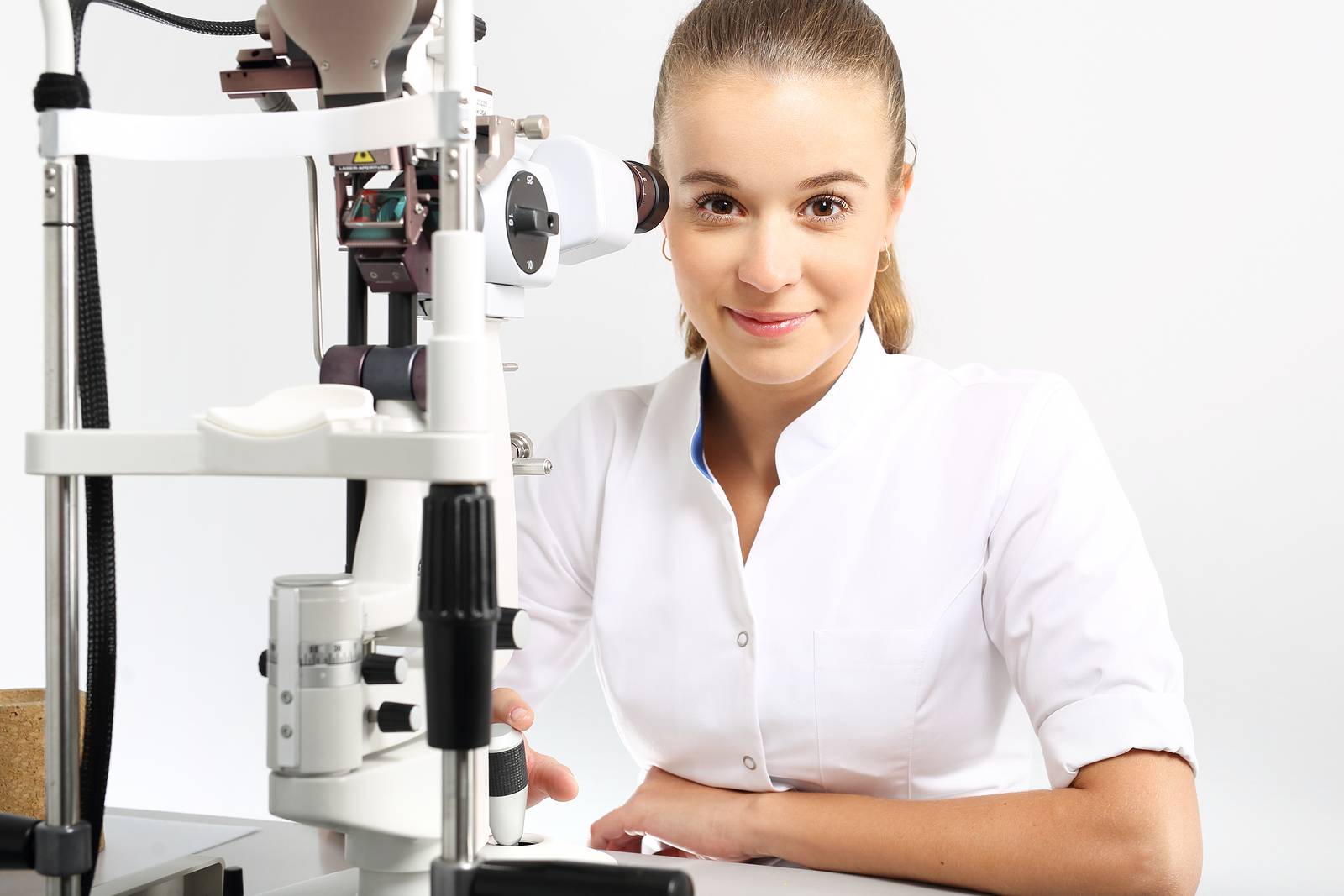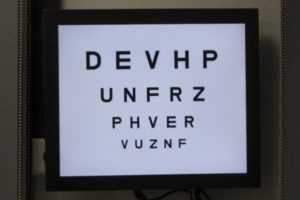An Unbiased View of Eye Checks
Table of ContentsWhat Does Comprehensive Ophthalmology Mean?The Basic Principles Of Paediatric Ophthalmology Not known Details About Eye Checks Everything about Comprehensive Ophthalmology
Eye doctors are clinical doctors that specialize in the diagnosis and therapy of eye and vision troubles. What is the difference between an eye doctor and also an eye doctor, then? What concerning opticians? These three kinds of eye care specialists have rather similar-sounding names and also overlapping work summaries. It can be puzzling in the beginning glimpse.They can not provide eye exams, create prescriptions, or identify or deal with eye issues. can examine your eyes, examination your vision, suggest glasses or get in touches with, as well as diagnose as well as treat lots of eye conditions and illness. They are not clinical doctors or doctors yet can recommend particular eye-related medicines (https://www.bookmarkidea.com/author/drcrlinecatt/). additionally give eye tests, vision testing, and also prescriptions for glasses or contact lenses.

Ophthalmologists identify and also treat injuries, infections, illness, and conditions of the eye. Treatments can consist of medicine taken orally (by mouth) or topically (in the eye), surgery, cryotherapy (freeze treatment), and radiation treatment (chemical therapy). Ophthalmologists attend medical school then receive several years of specialized training in the clinical as well as surgical care of the eye.
Fascination About Adult Cataract
As they are the only medical specialists that can deal with all eye conditions, eye doctors see a wide array of eye conditions, including: Just how frequently should you have an eye examination? What are symptoms that show you may have an eye trouble that requires to be checked by an ophthalmologist? The American Academy of Ophthalmology advises: As children's eyes are growing and also altering rapidly, they ought to get a vision testing.
Grownups that have healthy and balanced eyes as well as excellent vision need to have 4 extensive eye examinations: one in their 20s, two in their 30s, as well as one at age 40. These examinations may allow the ophthalmologist to capture an eye illness or vision adjustments early. By the time you observe signs and symptoms, you may already have some vision loss (COMPREHENSIVE OPHTHALMOLOGY).

People who are at a higher risk of eye condition may need to get an eye examination extra often. After age 65, your eyes must be examined every one to 2 years.
Your view depends upon seeing the ideal optometrist at the appropriate time. When it's time to "get your eyes examined," see to it you are seeing the best eye care professional for your requirements. Ophthalmologists, eye doctors and lens each play a crucial function in providing eye care to customers. The degrees of training and competence are rather different for each type of service provider.
Our Comprehensive Ophthalmology Ideas

is a medical or osteopathic medical professional that specializes in eye and vision care. Ophthalmologists vary from optometrists and also opticians in their levels of training as well as in what they can diagnose and treat (https://www.livejournal.com/profile?userid=91824861&t=I). As a medical physician that has actually completed university as well as at least eight years of added medical training, an ophthalmologist is certified to practice medication as well as surgery.
Several additional resources ophthalmologists are additionally involved in clinical research on the causes and treatments for eye illness and also vision disorders. SUBSPECIALISTS: ADDITIONAL KNOWLEDGE AS WELL AS TRAINING FOR PARTICULAR EYE requires While ophthalmologists are trained to take care of all eye problems as well as problems, some Eye M.D.s specialize in a specific area of clinical or surgical eye care.
He or she usually finishes one or 2 years of added, extra extensive training called a fellowship in among the major subspecialty areas such as glaucoma, retina, cornea, pediatric medicines, neurology as well as plastic surgical procedure, in addition to others. This added training as well as understanding prepares an eye doctor take treatment of more facility or details problems in specific locations of the eye or in particular groups of people.
An eye doctor is not a clinical doctor. An optometrist obtains a doctor of optometry (OD) level after finishing four years of optometry college, preceded by three years or even more years of college. They are certified to exercise optometry, which primarily entails executing eye tests as well as vision examinations, prescribing as well as giving rehabilitative lenses, spotting particular eye problems, and prescribing medications for specific eye diseases.
About Emergency Eye Problems
They use prescriptions supplied by ophthalmologists or eye doctors, however do not evaluate vision or compose prescriptions for visual correction. Opticians are not permitted to diagnose or deal with eye diseases. All of us depend on our vision in even more manner ins which we may realize. Without healthy and balanced vision, our ability to function, play, drive or perhaps recognize a face can be considerably impacted.
That's why it is so essential to see an eye doctor for a full clinical eye exam by age 40, and also then as commonly as suggested by your Eye M.D.
A complete, clinical eye exam by an Eye M.D. can be the first action toward conserving your view. Protruding of one or both eyes; Dark drape or veil that obstructs your vision; Decreased vision, also if momentary; Diabetes mellitus; Distorted vision; Double vision; Excess tearing; Eyelid abnormalities; Family history of eye disease; Halos (tinted circles around lights); High blood stress; HIV or AIDS; Injury to the eye; Loss of outer (side) vision; Misaligned eyes; New floaters (black "strings" or specks in the vision) and/or flashes of light; Pain in the eye; Thyroid disease-related eye troubles (Tomb' illness); Uncommon red eye.